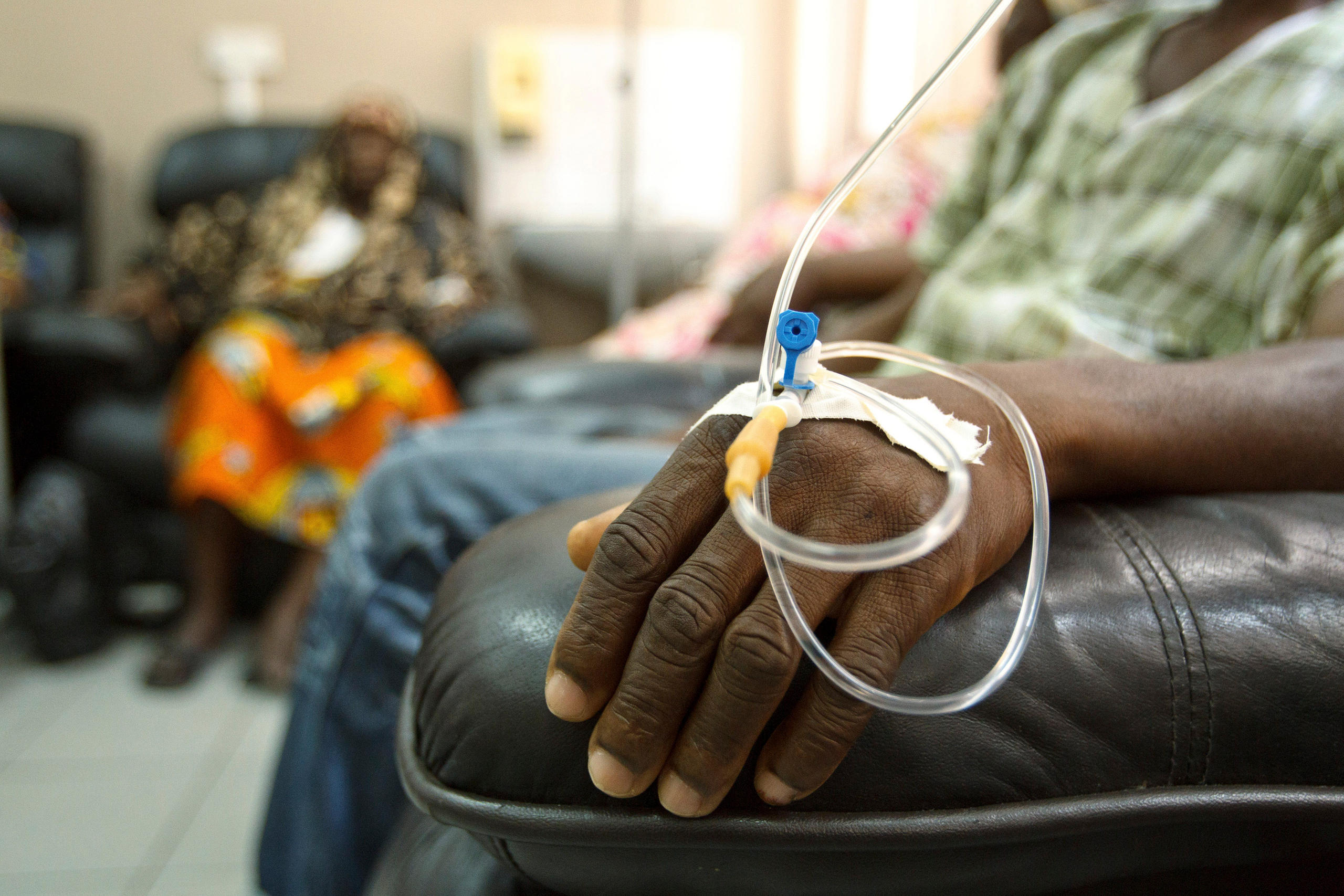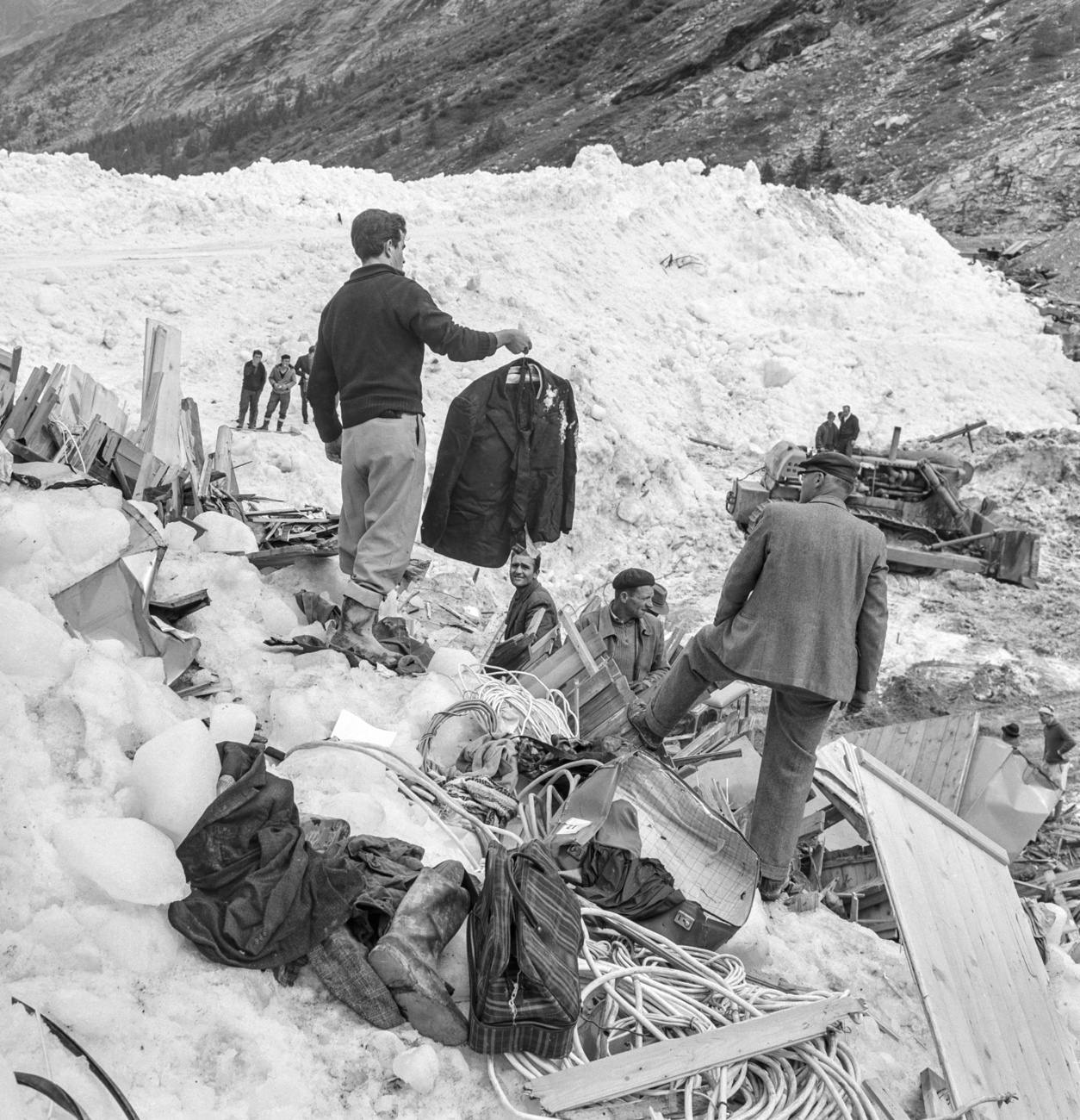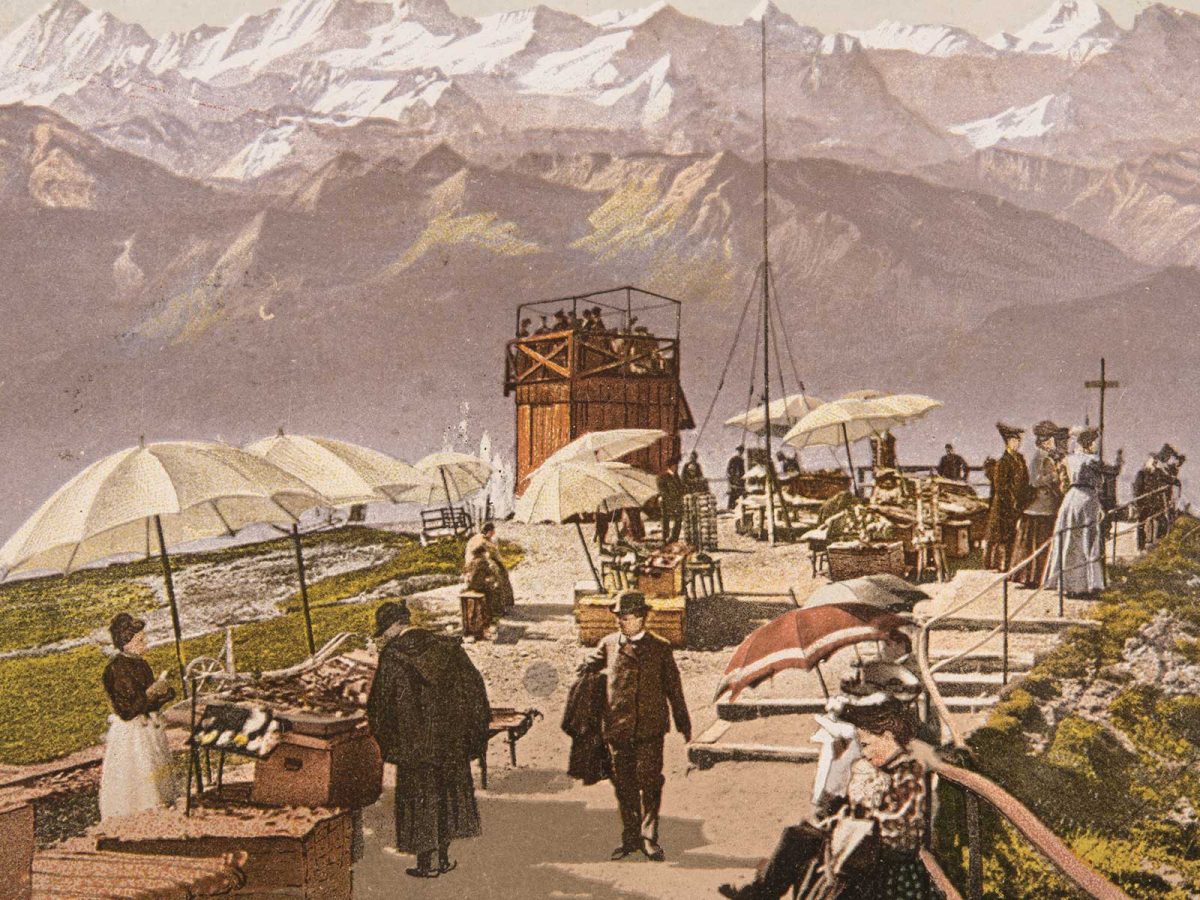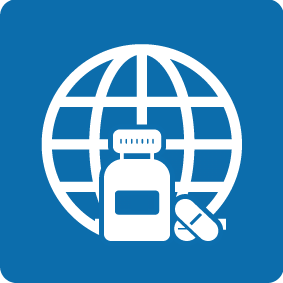
When does corporate sponsorship become a rubber stamp?
Even companies that sponsor good causes find themselves in trouble these days. Is it time to rethink corporate sponsorship?
Long gone are the days when a company could pay to have their logo on a billboard in a football stadium without thinking about how many workers lost their lives building it. As the World Cup in Qatar has shown, sponsorship is far from a free lunch.
Just this week retailer Rewe ended its long sponsorship of Germany’s football federation in protest of FIFA’s decision to prevent several European teams from wearing rainbow-colored “One Love” armbands at the World Cup.
Swiss companies are also keeping a low profileExternal link, writes the Tages-Anzeiger. Credit Suisse, which has been the main sponsor of the Swiss national football team for thirty years, decided against big ad campaigns around the World Cup. Something amazing, writes the paper, given the millions they’ve spent on TV spots during past events.
While Credit Suisse dodged the question about why, a spokesperson for Swiss retailer Coop said bluntly: “Due to the controversial discussions surrounding this World Cup, we are more cautious than in other years”.
Sponsorship is a thorny business. In contrast to straight advertising, sponsorship is cloaked in benevolence. Brands don’t just get exposure, but they also look good doing it by being associated with a sport or a good cause (not that sport isn’t a good cause, of course).
The World Cup has shown how quickly this can turn sour. The problems with sponsorship aren’t just a one-way street though. Good causes can also get in trouble when they go searching for corporate sponsors.

More
Athletes are speaking up, but are the Olympics listening?
A week before Coca-Cola was plastered all over stadiums in Qatar, it was sponsoring the recent climate conference in Egypt. Environmental activists called it greenwash. “It’s astounding that a company so tied to the fossil fuel industry is allowed to sponsor such a vital climate meeting,” a campaigner with the Break Free From Plastic alliance told the Guardian newspaper.
As Le Temps pointed out in this videoExternal link Coca-Cola wasn’t just getting behind a good cause, it was handing out free bottles of Coca-Cola at the conference. Even the best legal contracts to avoid conflicts of interests between sponsors and organisers can’t ignore the optics of a top climate negotiator holding a free bottle of Coca-Cola.
Is sponsorship really an endorsement though? Can a logo on a stadium really be seen as a rubber stamp for human rights abuse? Where do we draw the line?
What else caught my eye?
Swiss pharma companies slipped in a ranking on access to medicine. Novartis dropped from second place (2020 result) to fourth while Basel-based neighbour Roche slid one spot to tenth in the ranking of the 20 largest companies. While the index recognised some progress, it also found that not enough attention is being put on how to reach scale and the poorest countries, especially for “innovative medicines” that are advanced treatments with high price tags, often for cancer and genetic disorders. This is especially concerning given that the majority of new cancer cases are in low- and middle-income countries. See our series on access to innovative medicine.

More
Why life-saving drugs aren’t saving lives in Kenya
Nestlé praised and shamed on recycling efforts. Nespresso, one of Nestlé’s biggest brands, won praise for plans to trial paper-based compostable coffee capsules next year in Switzerland and France. This follows a similar move by Switzerland’s biggest retailer Migros, which in September unveiled compostable balls of compressed coffee. Customers can already recycle Nespresso aluminum pods at stores, but many people still throw them away creating mountains of waste. What else? The company was shamed in an annual ranking of the biggest plastic polluters by the Break Free From Plastic movement. Nestlé came in third place, just behind Coca-Cola and Pepsi. The company shot back saying that it aims for all packaging to be recyclable, and that it supports the creation of a UN Plastics Treaty.
Switzerland has become the top coal trading hub. While Switzerland isn’t a big coal producer, some 40% of the world’s coal is bought and sold in the country, according to a report by Swiss NGO Public Eye. There are some 245 companies active in coal trading and extraction in Switzerland, including major players like Glencore. Swiss banks are also major lenders to the coal industry, with Credit Suisse the biggest lender with over $2 billion shelled out to clients such as Trafigura and Russian companies Sibanthracite and SUEK.
Geneva-based gold refiner MKS PAMP has jumped on the gold bandwagon. The company launched two carbon neutral gold bars in late July as part of a larger push to bring the gold industry in line with the Paris Climate Agreement. The company says that it is working to reduce greenhouse gases in production but also using carbon offsetting, which has faced mounting criticism for removing incentives for companies to reduce their own emissions.

More
Gold jumps on the green bandwagon
Has Switzerland moved from the land of multinationals to the land of monopolies? While regulators have cracked down on monopolies, German-language paper Tages-Anzeiger points out that there are plenty of duopolies and oligopolies, where just a few companies dominate a market. The paper looked at fiveExternal link industries where Swiss companies have a near monopoly. This includes logistics with companies like Kühne and Nagel, seeds and fertilizer with Syngenta, and printing ink with a company like Sicpa. What’s interesting, points out the paper, is that there are companies that dominate the market and hardly anyone knows about them. Because they often sell parts for a product like semiconductors or are critical to making currency, they don’t have brand recognition. In some cases, “consumers are not even aware that they have no choice,” writes the paper.

More
The end of affordable medicine

In compliance with the JTI standards
More: SWI swissinfo.ch certified by the Journalism Trust Initiative





































You can find an overview of ongoing debates with our journalists here . Please join us!
If you want to start a conversation about a topic raised in this article or want to report factual errors, email us at english@swissinfo.ch.